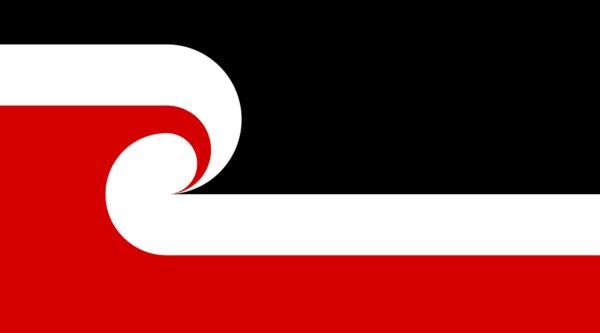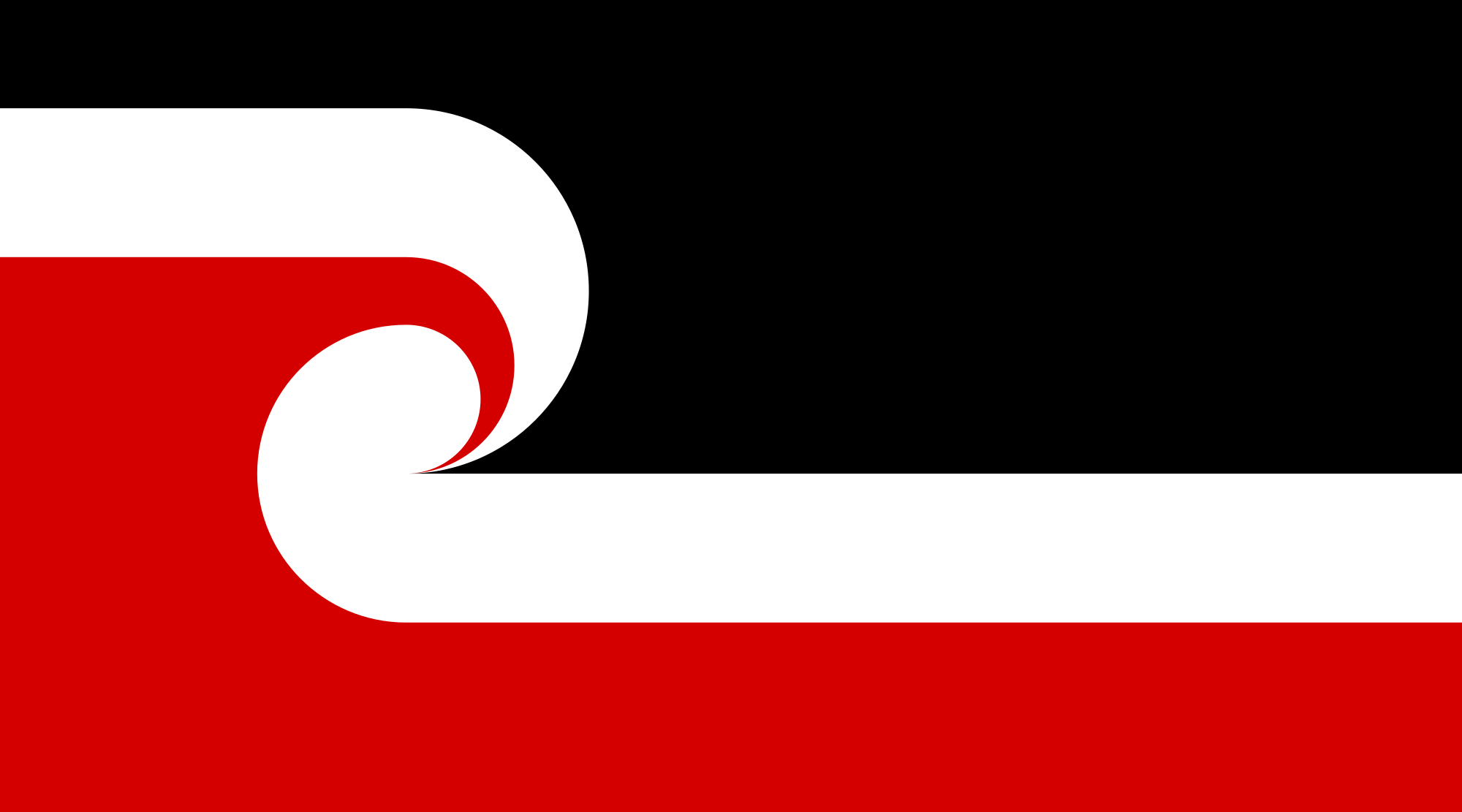
The second panel at the hui in October 2018 on What an Alternative and Progressive Trade Strategy for New Zealand Should Look Like was on the Internationalised Economy. This contribution is from Margaret Kawharu.
Margaret is of Ngāti Whatua o Orakei and Ngāti Whatua o Kaipara, a Trustee of PSGE Nga Maunga Whakahii o Kaipara Development Trust and Director of the Kaipara Commercial Development Ltd. She has worked extensively on settlement of Treaty claims under te Tiriti o Waitangi.
[He mihi] I would like to keep on the domestic side of things. As Barry said I have worked a lot with Treaty settlements and I also come from Ngati Whatua o Orakei and Kaipara. I would like to echo some of the words in the korero this morning from Taiaha Hawke and remember some of the words from our tupuna Paora Tuhaere who was a very well respected tupuna, and was known as the father of Auckland. He lived in the 19th century and he was a trader. He bought schooners and he traded to Rarotonga. He said at one of the dozen Māori Parliaments in Tamaki in 1879 that “Ma konei ka whiwhi ngatai ahi. Ae. Kei te pai. E nga iwi e rua nei te Māori me te Pakeha.” And that literally means thence do we achieve together for good these two people – Māori and Pakeha. In other words, from thence do we reap of goodness.
I’ve been listening to the korero today and thinking, and Bernard Hickey has raised it again, what is good, what is goodness? What is meant by wellbeing, by sustainable really, and what are we prepared to do to achieve it. Clearly, we are looking for a well-articulated and over-arching long-term inter-generational set of policies and targets.
The other aspect that I can to this hui with was the question of the Woodhill Forest. It appeared in the famous Lands case in 1987, at a time when the government wanted to sell off its state-owned enterprises. We had to go all the way to the Court of Appeal to argue for Woodhill. It was one of 3 cases presented to the Court, because of the nature of the forest, because of the land taking under the Public Works Act and the urupa within. 30 years later we own, but we also had to buy, as Taiaha said, from the government the Woodhill Forest.
I am interested in the way we are looking after our back yard first, before we are considering international trade agreements or trying to improve them and do something more progressive. The Lands case in particular gave rise to the principles of the Treaty of Waitangi. I want to build on the idea that those principles. Although they are generally talked about in the context of Māori /Pakeha Treaty settlements, actually the work this country has done to grapple with these issues and produce that set of principles surely is highly applicable to international partnerships and trade agreements with other parties.
I also want to take a look at what Māori are doing in NZ. Just last week our manuhiri Wayne attended the 2018 World Indigenous Business Forum, which was showcasing indigenous business and trade. It was hosted by Te Ohu Whai Ao charitable trust in Rotorua. It was the first time Aotearoa had hosted this conference. Around 1000 delegates came from many first nations peoples around the world. Those conversations are about advancing Māori business interests, nationally and internationally, and supporting indigenous to indigenous trade and development. The World Indigenous Business Forum has a track record for building long term relationships between indigenous businesses. But the kaupapa was wider, and also touched on environmental concerns, building the indigenous leadership pipeline and supporting indigenous communities. So their focus was on capability development. On this question of self-determination, mana motuhake. Having a values-led leadership. Of course the focus continually on land and water, whenua and wai, which is a big deal at the moment. Sharing inter-generational knowledge. And the question of accessing and controlling information and opportunities.
Māori enterprises according to Google (!) are making their mark on the NZ economy and growing steadily year on year. MBIE figures in May 2018 estimate Māori enterprise is worth nearly $40 billion and growing faster than the economy as a whole. Māori employers, while flying largely under the radar, have amassed assets of $22.4 billion, according to a 2013 report by BERL. Māori who are self-employed have a combined asset base worth $6.6 billion, and the remaining $12.5 billion is owned by Māori trusts, incorporations, and other collectively owned enterprises, such as tribal organisations managing Treaty settlement funds. Māori make up 13% of the current NZ labour force, but Stats NZ estimates the Māori labour force will double to make up 1/5 of New Zealand’s working age population by 2038.
I’m going to give some examples of the growth of the Māori business, but it needs to be acknowledged that Māori have a place and position in this question about a strategy for trade.
You may have heard of the Waikato Innovation Park in Hamilton. The focus there is to tap into untapped potential. They are going around the country into the small towns and helping entrepreneurs to develop initiatives and apply for grants, stimulate action plans and provide mentoring. This reflects the Māori approach to business, which is broader than the individual generally and we see people making mokopuna decisions for the generations ahead. This is something that Mark Solomon spoke about. He said Ngai Tahu had been talking the language of sustainability since 1870. Mo tatou ano ka uri a muri ake nei – for us and our children after us.
So there’s a question of empowering individuals and investors to forge ahead with business ideas when they realise the size of the Māori involvement in the economy. One of the challenges though is that Māori also need to empower themselves and, according to June McCabe, leave an embedded victim mentality behind. There is no point of focusing on the deficit. But she also mentioned that Māori have a middle class that’s truly developed, well educated, knows how to grow and make money to look after its own. So we do have a spectrum here and this is where some of the employment and Treaty settlements have come into play.
I don’t know how Miraka functions alongside Chinese milk powder operations that Rod talked about, but Miraka is a dairying partnership between the Wairarapa Moana, Tuaropaki Trust, Waipapa 9 Trust, Hauhungaroa Partnership, Tauhara Moana Trust and Huiarau Farms. They have a Vietnamese dairy company Vinamilk among their investors, and the Global Dairy Network is a strategic partner. The shareholders’ values are disposal of solid waste to a worm farm, the use of geothermal energy to power the new $90 million whole milk powder plant at Mokai. It’s that holistic approach and interest in sustainability that’s behind Miraka. Now, after building the whole milk powder business, they are launching a new product called Whaiora, a natural smoothie blend combining milk, honey, oats, fruit and vegetables in powder form. Whaiora being ‘in pursuit of wellbeing’. They’ve gone into Malaysia and Singapore. That’s one example of the value-added product.
What we learned from the korero this morning also was to rely on the uniqueness of what we have in NZ. The Māori contribution to that is the holistic approach, the collective approach. Using that also for tourism and education purposes, based on our local history, the preservation of our significant sites and the education around them, and the building of trust, confidence and integrity through cultural exchange. Some of the delegations that have gone to China has been very focused on building solid relationships with people.
The challenge comes with confidence and capability, in the face of some of these Treaty settlements. I’m thinking of Tamati Kruger’s words about Tuhoe, he talks about the ‘unsettledness’ of the settlement. The question of repair and healing. While June McCabe is talking about Māori who are well-educated and have the capability, there’s also a spectrum of people who want to focus on building their own capability and sense of being tangata whenua first and foremost.
In the case of Ngati Whatua o Kaipara there is also the question we need to address of complacency and the prominence of convention. We bought Woodhill Forest, and while we would have liked to have grown native trees, the fact is that we have radiata pine there. Our relationship has been built with Matariki and that’s a long-term relationship, and we have internships and a joint-venture partnership around the forest. So we own not only the land underneath but also part of the business. But when it comes to wanting to have complementary activities in the forest we are focusing on tourism, adventure tourism, eco-tourism, including our marae, our harbor and the cultural history of the land. That’s probably where our most optimistic feel for business is. We’re also focusing on growing sungroves of natives and growing manuka for honey and oil, shifting into niche markets and premium markets.
I think that the work that’s been going on in Aotearoa is a microcosm of what we are talking about between national and international agreements around economics, trade and business relationships. We should take not of the good work we have achieved through Treaty settlements and reconciliation agreements and note what we hold on to as being important as a nation. Take those principles of rangatiratanga and kaitiakitanga, and partnership and protection, and the ability of everyone to participate in this conversation. They are solid principles that we as a nation have grappled with long and hard, and the work we all do to uphold these principles has great merit when being applied to trade and investment agreements.
Barry: Of the principles you identified that underlie much of your economic development work, based on te Tiriti, what would you highlight as an important flexibility for the government to retain when they are talking about trade agreements? What policies do you want the NZ government not make sure that they don’t give away to support the kind of work you are doing. Or how can government policy be supportive?
Margaret. One of the things that has come about in today’s korero is that the government has the right to make good legislation in exchange for the quid pro quo of protection. We have all been mentioning those questions: protection of our domestic market, protection of our land and water particularly, protection of our right to say no. We are looking to the government to persuade them to take care of our country and our people first.






HAVE YOU ISOLATED the MAORI who are part of MAORI $ BUSINESS ROUNDTABLE ??
ie. which Maori ARE GIVEN TO $$$ OVER PEOPLE??
(ie General Sellouts)
Comments are closed.